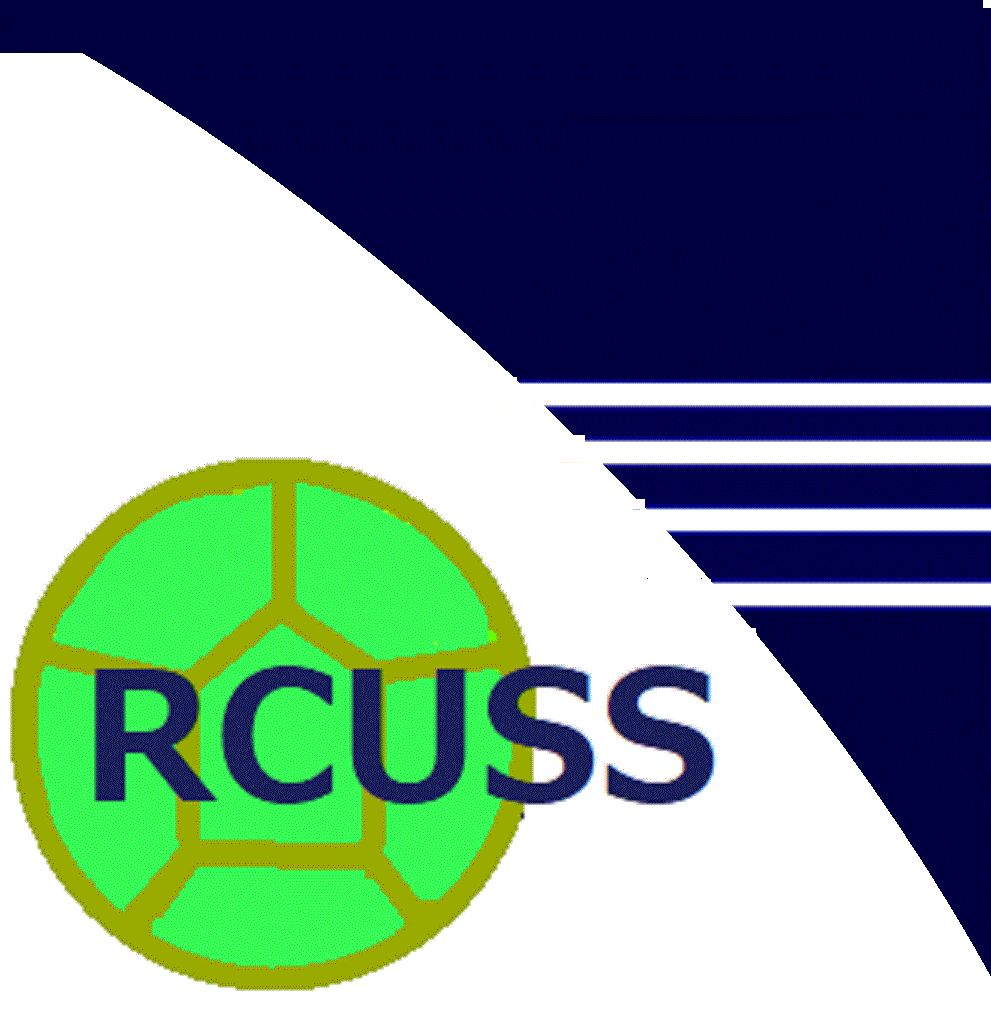|
Medicine and Health Science
(1) Disaster Emergency Medicine
DMAT (Disaster Medical Assistance Team) and Disaster Emergency Response
a) Training and mobilization of emergency medical professionals
b) Medical education and training of community-based emergency personnel
(2) Health Science for Disaster Reduction
During disasters, the loss and trauma directly affect people. Particularly, the mental and physical effects on vulnerable people, such as infants, the elderly, and persons with disability are serious.
We investigate the practical health needs of victims and assist them by improving environments, preventing infections, and providing trauma care, even in the chronic phase from the international viewpoint.
(3) Disaster Mental Health
Our department investigates mental disorders and mental health system to support activities of people affected by disasters. Our mission is to develop useful tools for prevention and recovery of mental disorders.
Humanities and Sociology
(1) Humanities for Disaster Reduction
We have the experimental workshops which should drive forward the recovery in the damaged area (Ofunato city) of the Great East Japan Earthquake.
The alternative methodology of the empowerment of the resident for the sustainable development are being pursued through the fieldworks including the volunteer students.
We pay attention to the role of "stranger", in particular.
(2) Social Systems for Disaster Reduction
What is the “safety” as the goal of a Disaster Resilient Society? This group aims at identifying the elements of a well-balanced institutional
relation between public aid (government), mutual aid (community-based), and self-aid
(households) to realize the disaster resilient society, through the comparative studies of laws and ordinances, administrative plans, and participatory frameworks.
(3) Disaster Documents Studies and Local Historical Documents Studies
International Relationship
(1) International Disaster Risk Reduction Management
Disaster Risk Reduction (DRR) is a mainstreaming issue of developing countries in cooperation with international society. Therefore, the group is aiming to;
a) internationally disseminate knowledge on large-scale disasters and DRR measures in Japan and,
b) study and share cases of large disasters in developing countries among them, in order to promote their DRR and development efforts.
(2) Asia Disaster Risk Reduction Management
Contributing to strengthen the Disaster Risk Reduction Activities of Asian countries, most frequently attacked by natural disasters in the world by
a) disseminating knowledge such as lessons learned from past disasters and DRR system of Asian countries
b) cooperating on capacity building and enhancing public awareness.
Next-generation Disaster Mitigation Studies
(1) Disaster Economics Evaluation
Economic activities are run by interaction of various agents, people, firms, etc. They are forced to change drastically in face to unexpected disaster.
I study the consequence of change in behavior of people and firms using input-output analysis.
(2) Digital Twins for Disaster Prevention
(3) Administrative Open Data
|





